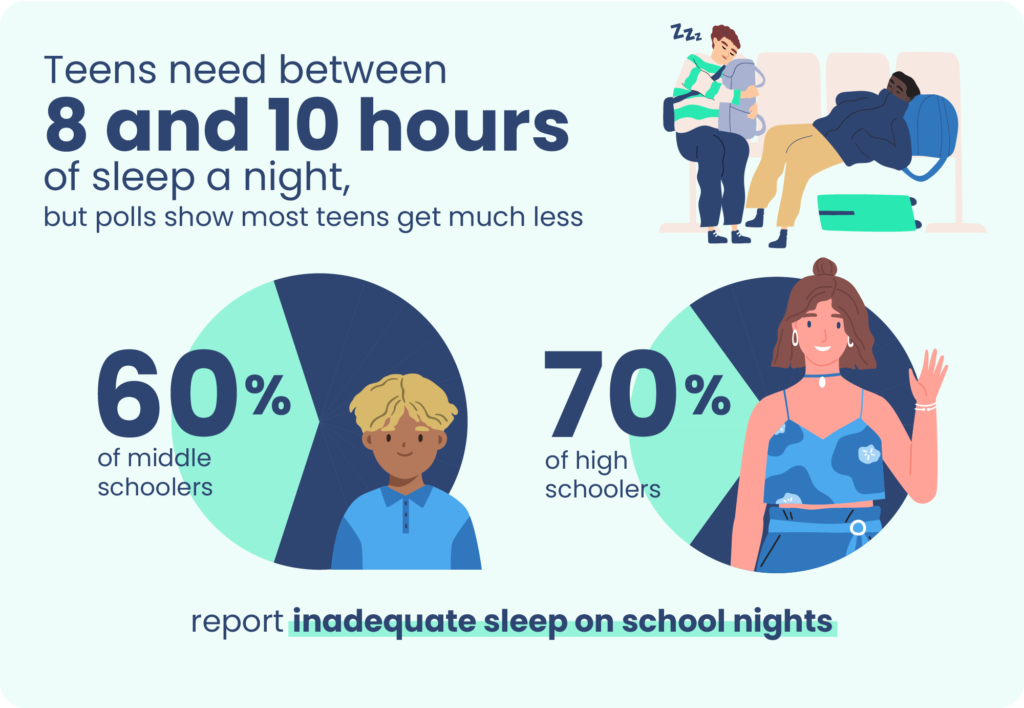Procrastination is a term most people are familiar with. Whether it is to do chores, finish a school project, or answer emails, people often wait until the last moment to start. Procrastination is the act of delaying or postponing something, often because it is boring or unpleasant. This can negatively affect your physical health, mental health, and academic performance. According to Dr. Itamar Shatz from Solving Procrastination , 80-90% of students have procrastinated a few times before and 75% call themselves procrastinators.
Procrastination can ruin one’s schedule, resulting in a lot of stress. For example, if a student waits until Thursday night to finish an assignment due on Friday, they will feel rushed. Additionally their other assignments will accumulate, leaving them feeling anxious and putting even more pressure on them to finish by the deadline. This can result in less sleep, lower grades, and no free time. Most of the time people procrastinate because they don’t know how to start and have a fear of not doing work properly. Consequently, they put it off until the last minute and either finish it late or never end up doing it.
Procrastination is a common theme in the Raider community. Anastasia Iarosh, a sophomore at STA, said “I struggle with procrastinating with schoolwork all the time. I tend to leave everything for last minute and complete it right before it’s due.” Riccardo Camporota, a freshman at STA stated, “The work in middle school is a lot easier, so I could procrastinate, now the work is harder, but I still procrastinate and it can affect my grades a lot.”
There are many steps to overcoming procrastination in order to become successful in the art of time management. First of all, an agenda can help immensely. Writing a to-do list in the agenda provides a straightforward yet effective tool in prioritizing and organizing tasks. Moreover, trying to remember what needs to be done takes up time and causes more stress, resulting in a confused and messy schedule; luckily, an agenda can prevent this.
Students also have to adjust to an environment where they don’t have any distractions. For example, if there is a student that loves playing video games, they should keep their console out of sight in order to avoid temptation to play it instead of doing homework.
Finally, breaking goals down into smaller manageable tasks gives the individual something to work towards, making the process more motivating and exciting. Taking breaks in between work sessions, allocating enough time to work, and working at your own personal pace can also ensure successful time management.










